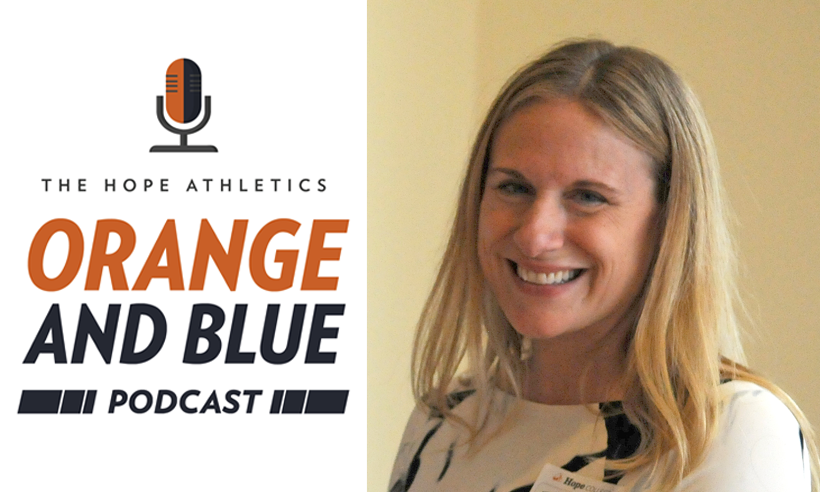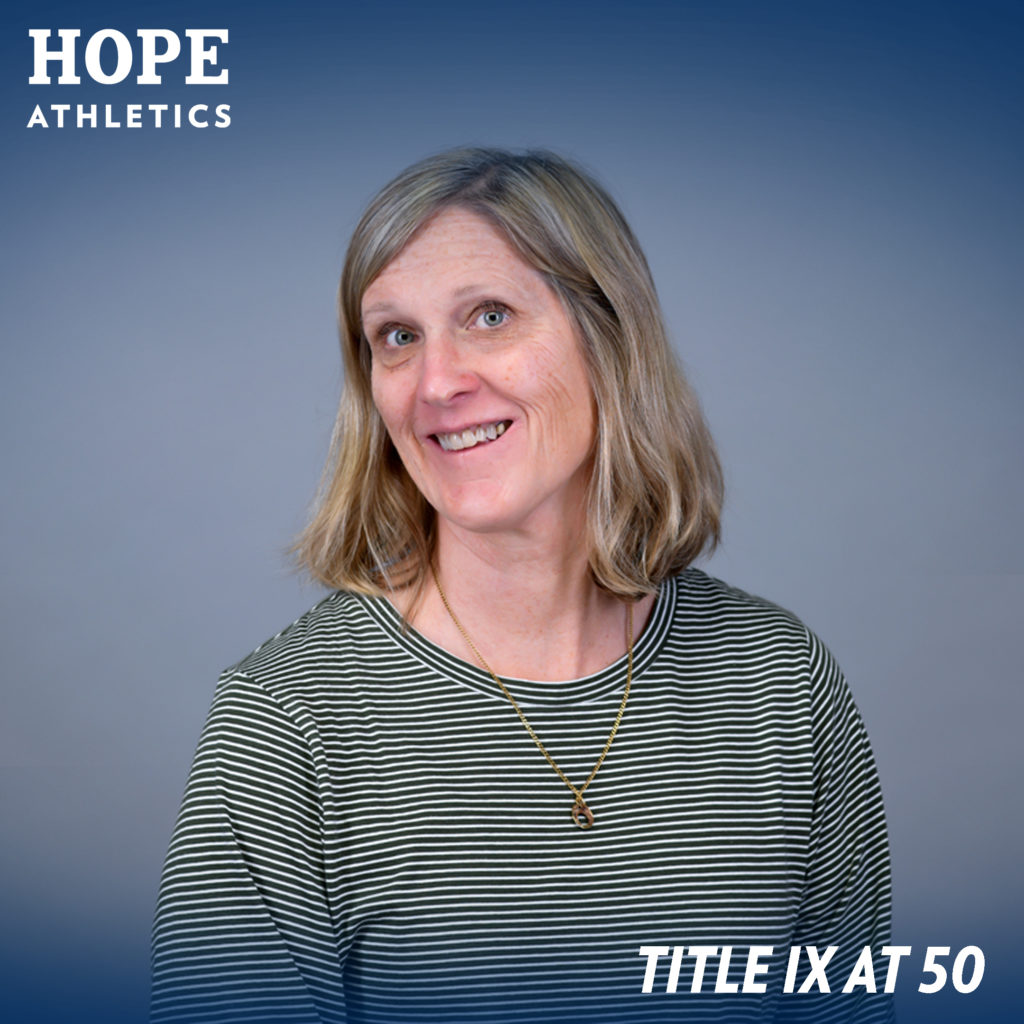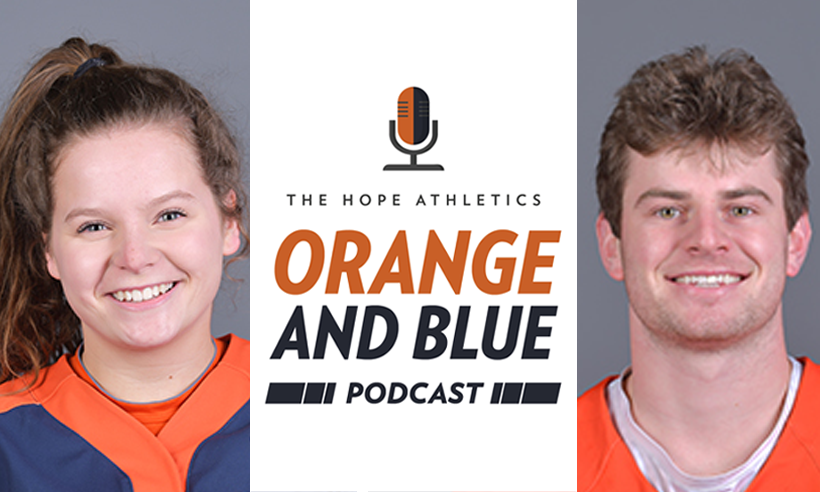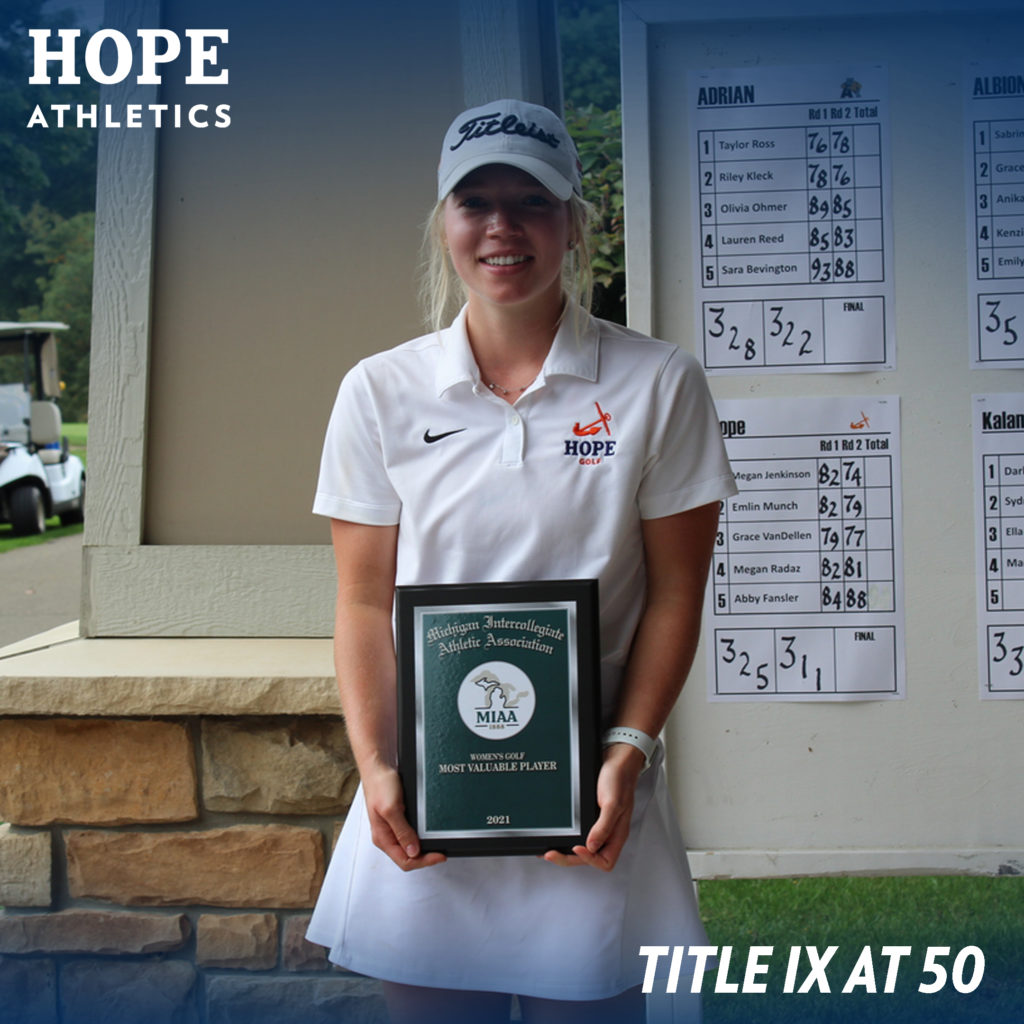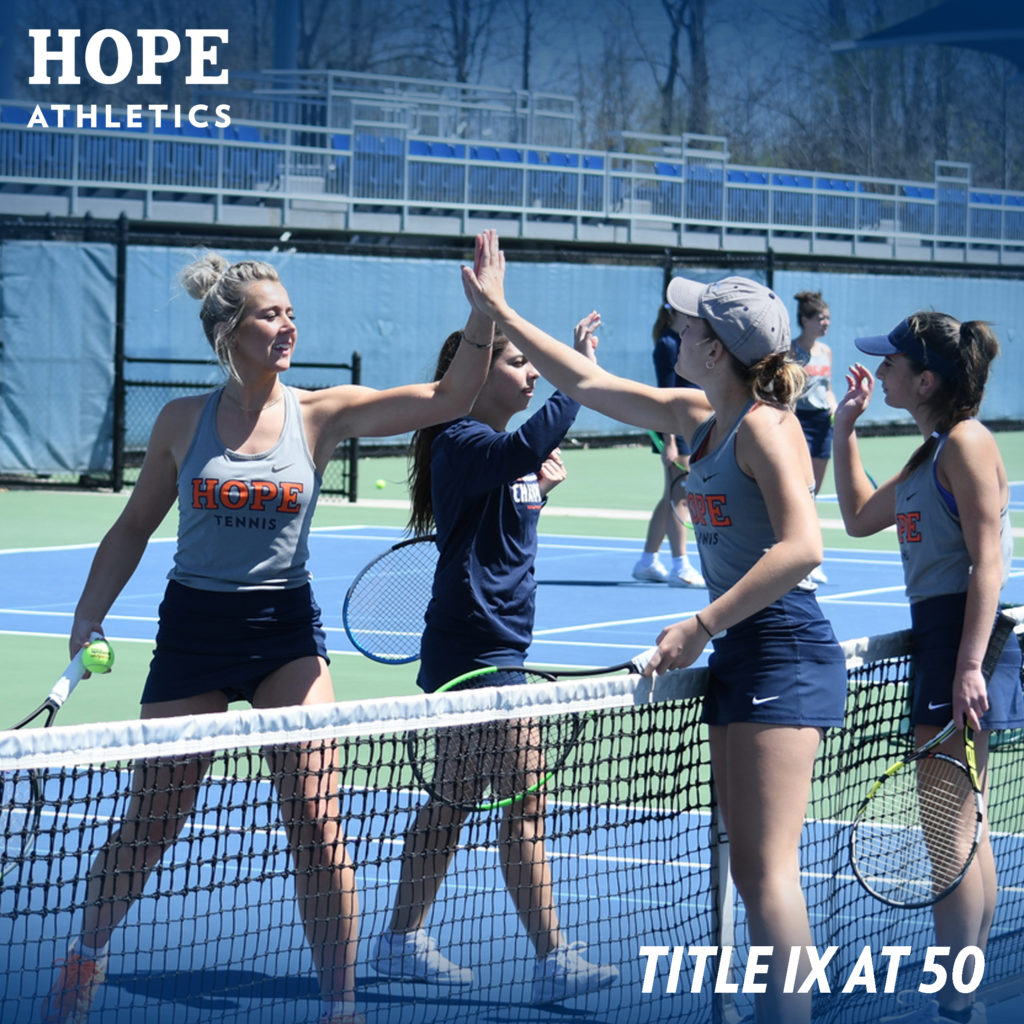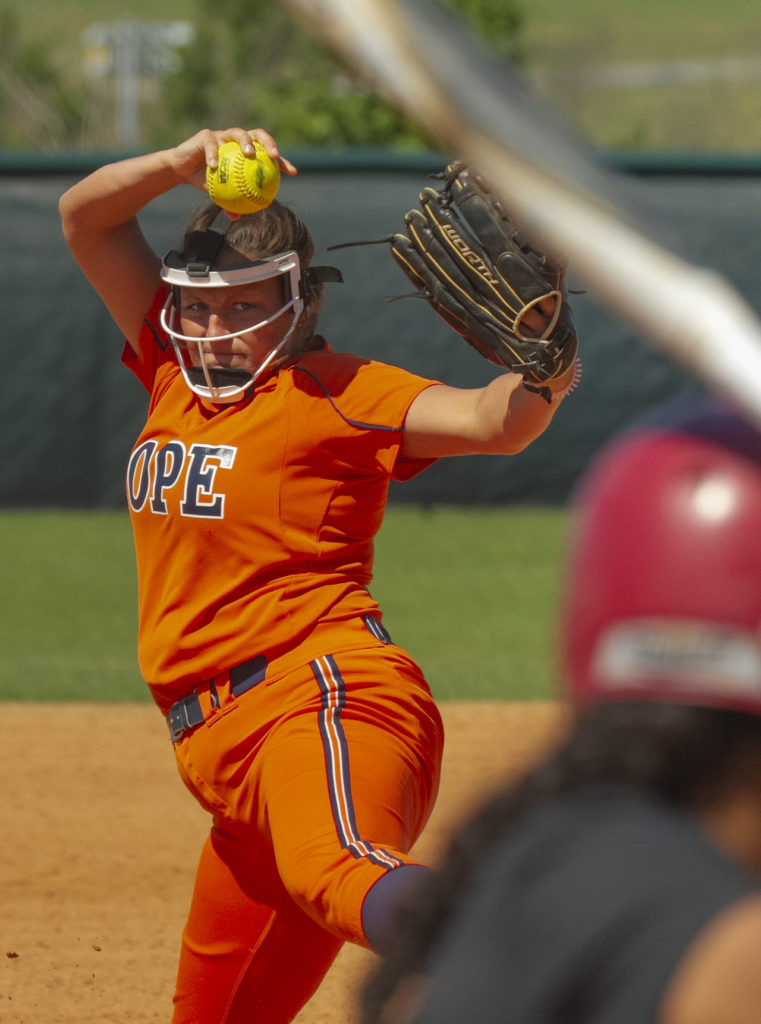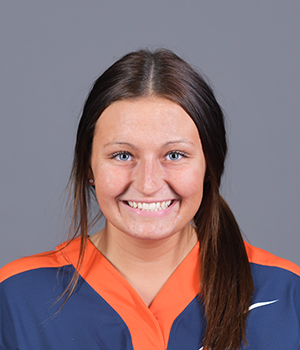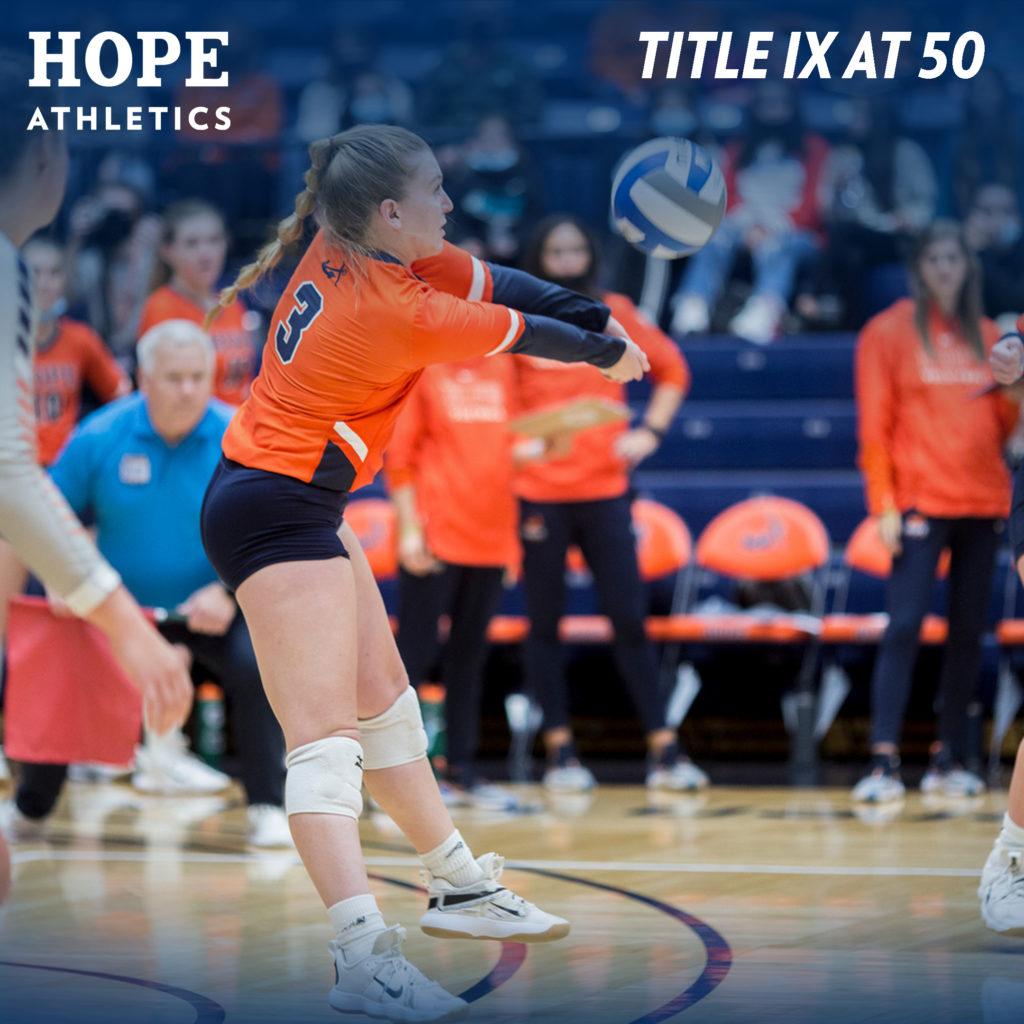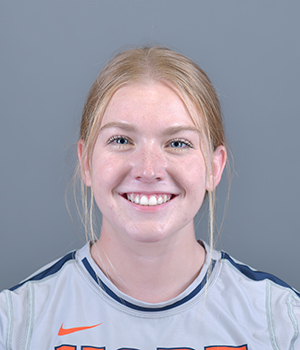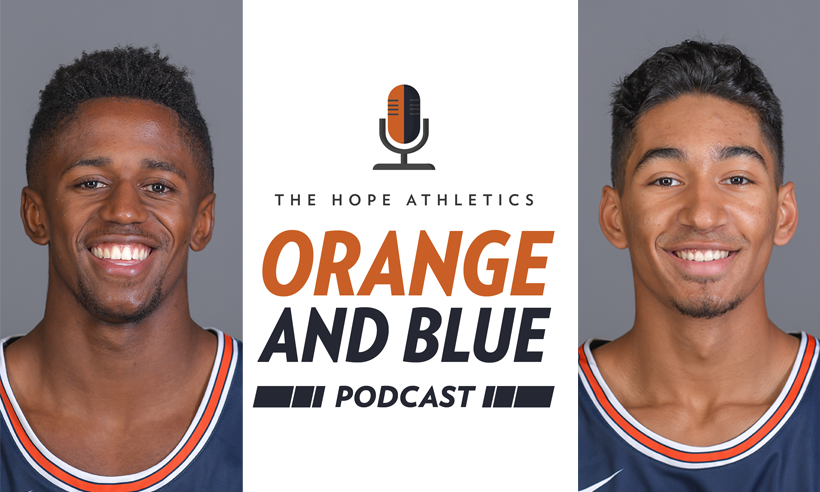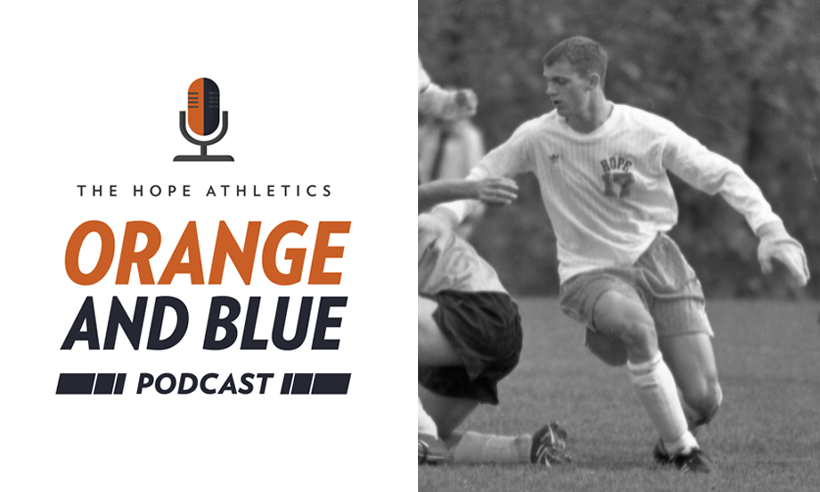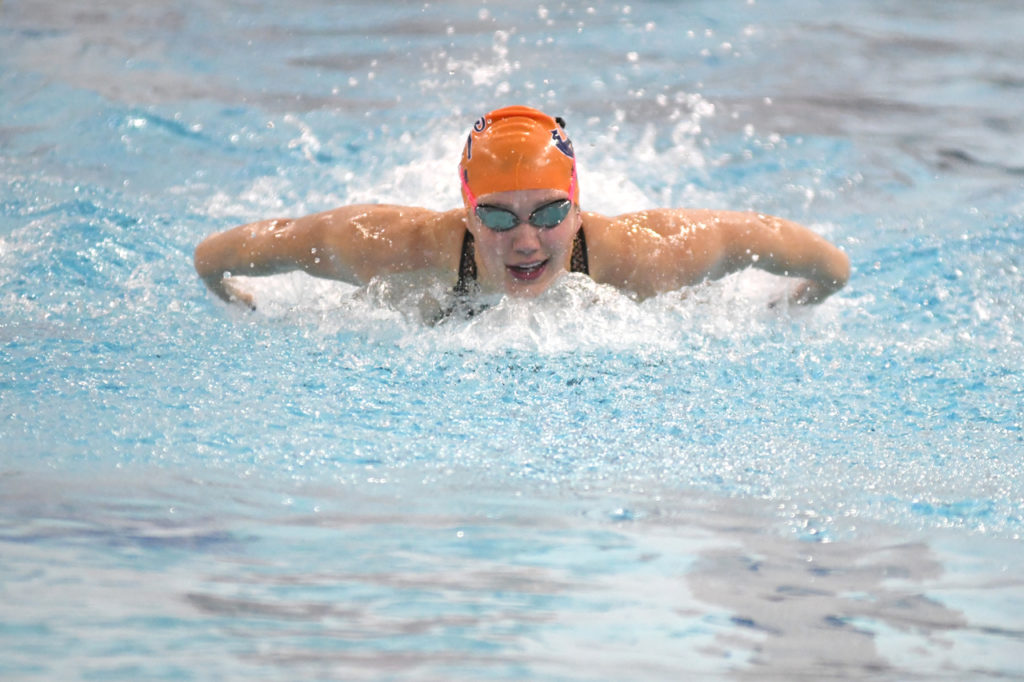
Senior swimmer Macey Mayer relishes her opportunity to be a Hope College student-athlete and everything it brings her in the classroom, the pool and her extended community.
The butterflier from San Antonio, Texas loves to compete with the Flying Dutch, who are the two-time defending MIAA champions in swimming and diving. Hope opens the 2022-23 season on Friday-Saturday, Oct. 14-15, at the Ohio University Diving Invitational and on Saturday at a swimming dual meet at Grand Valley State University.
Women’s Schedule | Men’s Schedule
Mayer also is grateful for the chance to serve as a leader in Young Life at a local high school as well as one of Hope’s two representatives on the MIAA’s Student-Athlete Advisory Council.
Mayer recently shared about how her life has been transformed at Hope College with Sports Information Director Alan Babbitt.
What are your major(s) and minors(s)? What do you plan to do after you graduate?
Mayer: I am a psychology major and an exercise science minor. After I graduate, I plan on attending graduate school to pursue a degree in occupational therapy to ultimately become an OT.
How has your sport helped shape you as a person and a student-athlete?
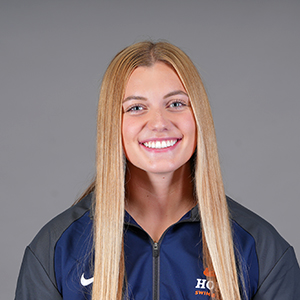
Mayer: Being a part of the swim team at Hope the past three years has truly had such an impact in shaping me into the person and athlete I am today. As a student-athlete at Hope, I have further developed important life skills such as time management, leadership, responsibility, and teamwork, preparing me well in many aspects for the next chapter of my life post-grad. Most importantly, my sport and experiences have furthered and encouraged my faith in Jesus. I am BEYOND thankful for my coaches and teammates of the Hope Swim & Dive team, as well as the friendships I have developed with other Hope student-athletes.
This year’s Hope Athletics theme is Strong and True. What does that mean to you as a student-athlete?
Mayer: As a student athlete, Hope Athletics theme of “Strong and True” means to me staying strong and true to my faith, school, sport, and teammates. This theme is an encouragement and testament to the leadership and community of Hope Athletics.
What extracurricular activity at Hope, outside of Hope Athletics, has been beneficial and memorable for you?
Mayer: Attending Hope College Young Life my freshman year was an extracurricular activity outside of Hope Athletics that got me involved with Greater Holland Young Life. (That) ultimately guided me to become a Young Life leader for a local high school. As a Young Life leader, I serve as a mentor, role model, and friend to the students of this highschool’s Young Life group. Alongside the other leaders, I organize and lead various activities that include group games, leader lesson time, and small group discussion time at our weekly gatherings we call “club.” Through this experience, I’ve learned how to be more open in walking with those who’ve come from different backgrounds and are at different places within their walk of faith. This experience has challenged me to live my own life with integrity and humility.
You also are one of Hope College’s two representatives for the MIAA’s Student-Athlete Advisory Council (SAAC) this school year. What are you aiming to bring to that role as well as learn from it?
Mayer: My role includes giving updates of what SAAC is doing on Hope’s campus, as well as bringing ideas & opportunities from the MIAA SAAC meetings to Hope’s SAAC group. I hope to bring more awareness about what MIAA SAAC actually is and does and increase awareness on Hope’s campus of the importance of this group. I hope to learn more ways to implement and encourage community service, and diversity and inclusion opportunities on Hope’s campus through our institution’s SAAC group.


